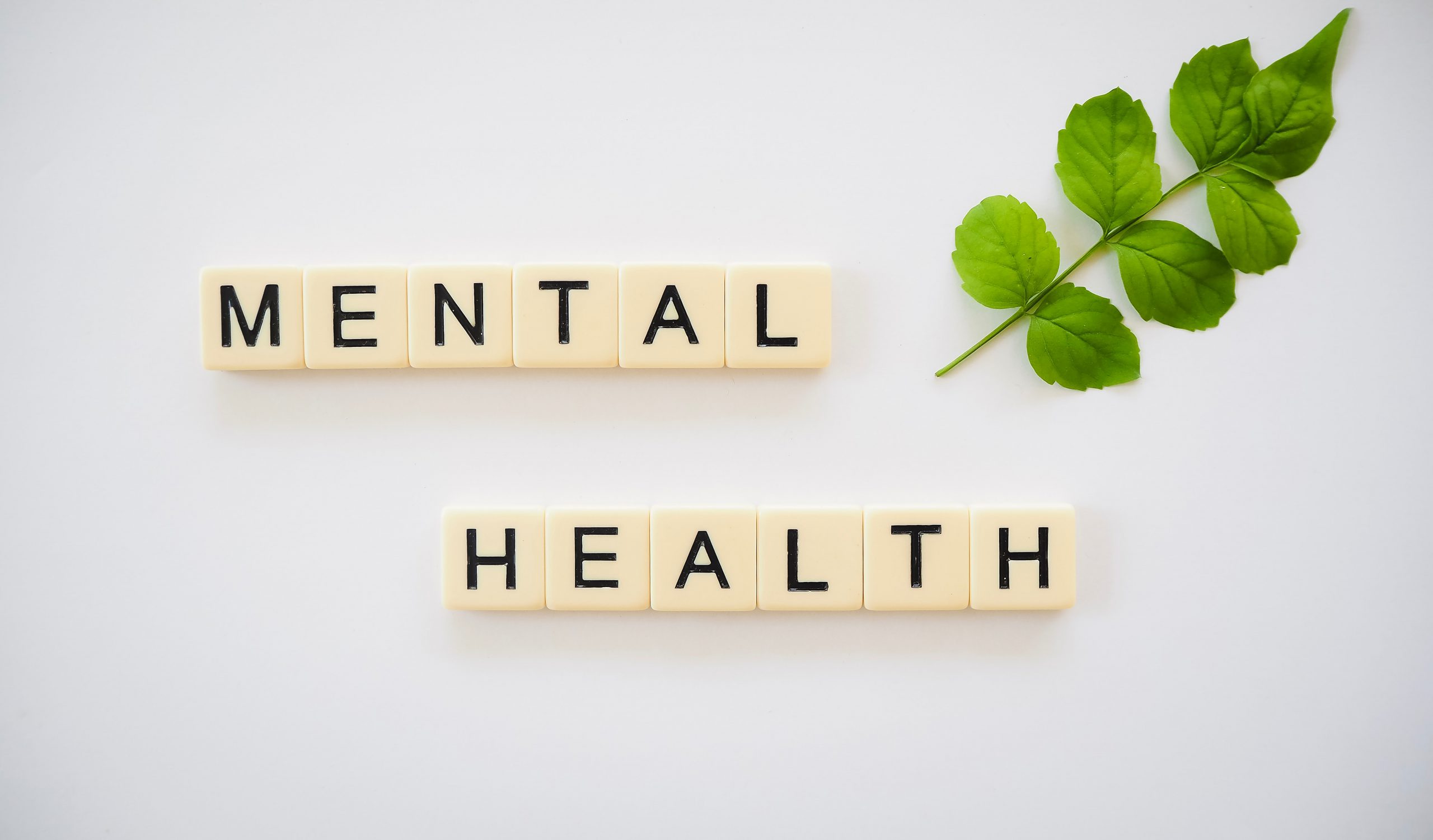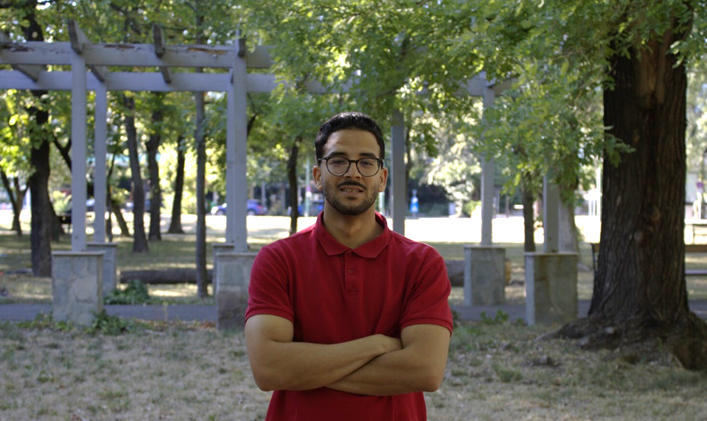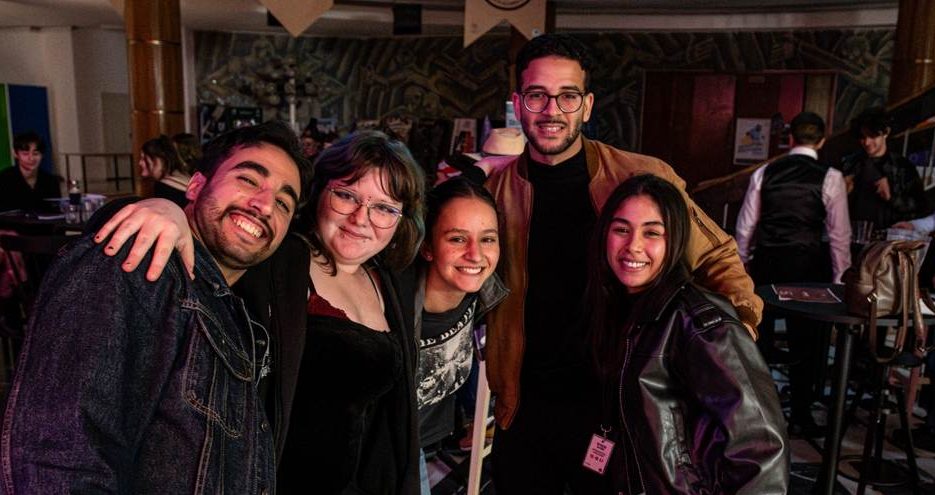The 10th of October is International Mental Health Day.
That is quite a broad topic, but what does it entail exactly?
Of course, there is the prominent part: Mental include all the disorders and illnesses of the mind: Paranoia, Bipolarity, Schizophrenia, Split personality, Anger issues, Obsessive Compulsive Disorder, Phobia… From the most famous to the less known ones, those often belong to psychiatric disorders. Some are really bad, others lighter to bear; they’re often feared or unknown by a general public full of misconceptions toward them. The way fiction portrays them is generally wrong, scary, full of error and really negative. They at least are recognised as illnesses for the most part, and as such, medical professionals try their best to help.
However, the less-known part is what interest us here: the mental health that has nothing to do with psychiatry: anxiety, sleep disorder, depression, stress, apathy, panic-induced attack, burnout… Those are on the rise in this modern world, brought out by the economic and social models that we are following and the rules and atmosphere of our work and life environment.
Though they tend to be more and more recognised, some people keep minimising the reality of it. They refuse to give them the denomination they deserve, often chalking it up on the person’s character and personality, or passing circumstances.
And still, everyone has some risk of developing a mental health disorder, no matter their age, gender, ethnicity, or social standing. The covid crisis showed us that many people could be developing troubles during hardships and periods of isolation and that mental health care was critical.
It is also alarming that a significant and increasing number of young people across Europe are concerned by the rise of high stress, anxiety, depression and other mental illnesses amongst them. Statistics from the previous years showed a rise in mental health problems among the youth in Romania, especially with those who are part of a minority or whose parents are working abroad. During that time, Romania has set a series of specific programs addressing children at specific risk of social exclusion.
Working on this, different organisations that work with youth, as well as association such as « Mental Health for Romania » (founded in 2020), are doing their best to fight stigmatisation and ignorance by developing informational programs, mental help workshops in school, and promoting the existing services for mental health proposed here in Romania.
Working with youth, they hope to develop a healthier mindset in society, with less competition and more appreciation for individual skills and strengths.
Mental health isn’t always taken seriously or treated equally in the world. Still, by raising awareness of it, we hope to take a step in the right direction. With access to information, mental and medical care, and recognition of the problem, everyone can help or receive help if need be, which is the goal this day is pursuing.
link to the website: https://mentalhealthforromania.org
For those who need it, they developed an interactive map showing all the available services concerning mental health in Romania today.
Sources: Medical News Today, World Health Organisation, Mental health for Romania, mental health briefing sheets from member states in Europa archives.




